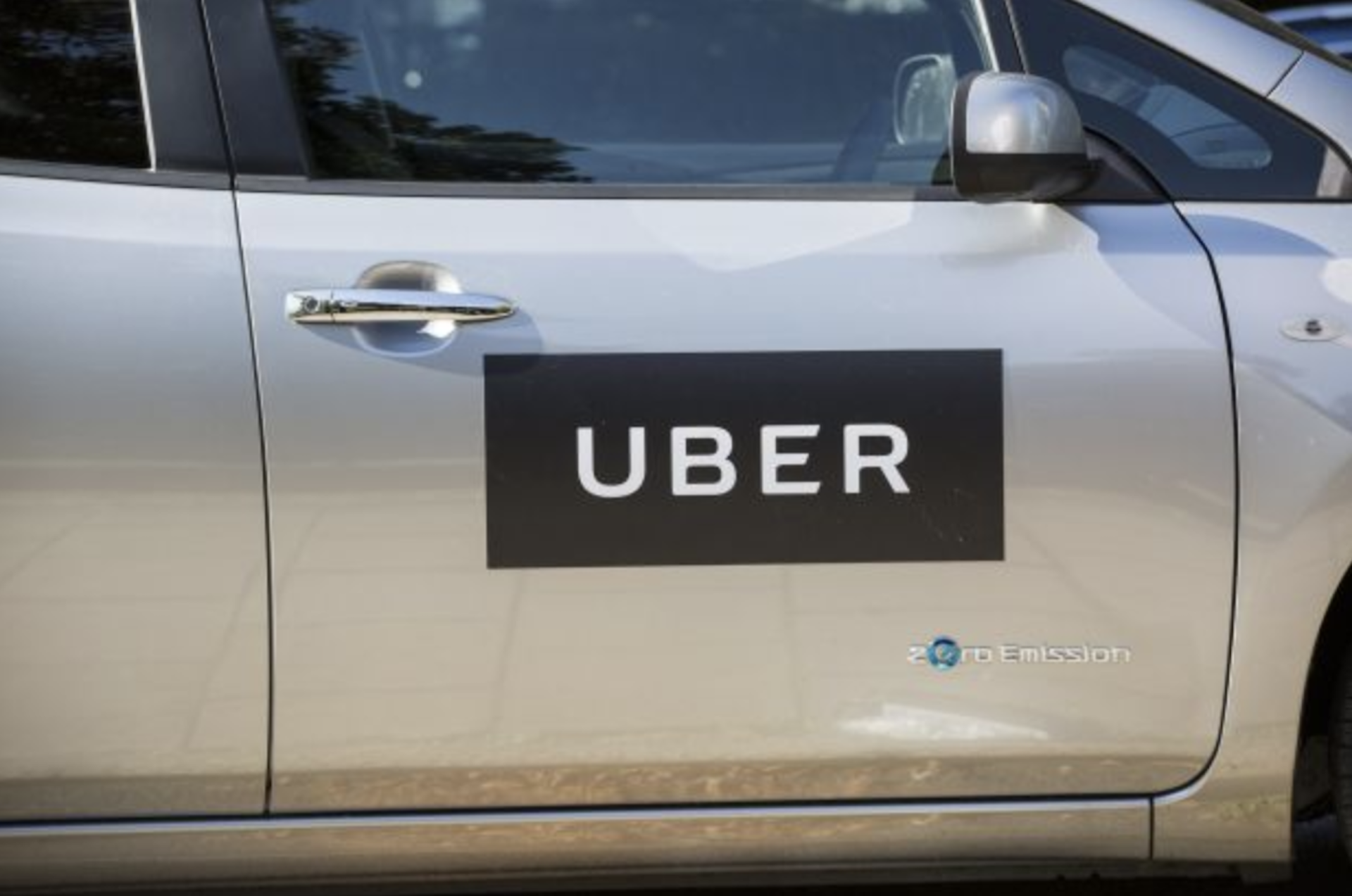

A study has found that rideshares like an Uber or Lyft are some of the dirtiest ways to get around, with far more bacteria than comparable modes of travel.
Insurance aggregator Netquote swabbed the interiors of rideshares, rental cars, and taxis—three each—to determine which hosted the greatest quantity of bacteria. It quantified its results in colony-forming units (cfu), or how many reproducing microorganisms there were per square inch of a vehicle’s interior.
It found that in your average taxi, there are 27,593 cfu, which may sound like a big number, but it was technically cleaner than the inside of your average coffee machine, which comes in at 32,653 cfu. It also may as well be the inside of a bottle of bleach in comparison to a rental car, which averaged 2,000,510 cfu according to the study, or 72.5 times more bacteria-coated than a taxi. In other words, you won’t just have a chance of getting arrested for no reason while driving a Hertz, you may also get sick.
But both rentals and taxis have color in their cheeks when compared to the results of rideshare swabs, which came in at 6,055,963 cfu, more than triple that of a rental car. For reference, swabbed toilet seats returned less than 172 cfu, and are usually cleaner than your average steering wheel.
Bacterial concentrations were strongest on window switches, steering wheels, shifters, and seatbelts, though their compositions varied between the types of vehicle. Potentially disease-causing germs made up the largest proportion of those found inside rental cars, followed closely by taxis, with rideshares having the smallest proportion of these types of bacteria. By force of volume, however, this means rideshares are still the most likely to make you sick, more than twice as likely as rental cars, and around 230 times as likely as a taxi.
A limited sample size of three vehicle types swabbed means that outliers stand a larger chance of skewing data. Despite this, the heavily regulated taxi industry is more likely to enforce sanitation policies than the comparably free-for-all ridesharing industry, where the vehicles’ cleanliness is the responsibility of their owners.